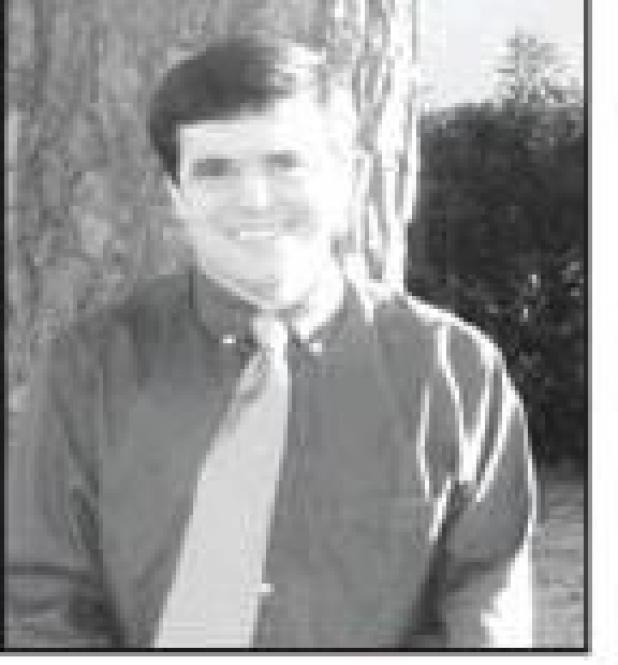
HISTORY MINUTE
In the aftermath of the assassination of President John F. Kennedy in 1963, the nation soon asked questions about the presidency. Questions arose about what would have happened if Kennedy had somehow survived but with a severe brain injury or surviving only on life support systems beginning to become available at the time. Vice-President Lyndon Johnson had now become president, and he discussed these concerns with aides and members of Congress. Th e result was a new amendment to the Constitution.
Including the murder of Kennedy, eight presidents had died in office. Seven vice-presidents had died in office, and one had resigned up to 1964. In spite of these circumstances, the Constitution never made clear what would happen if the presidency became vacant, simply stating that the vice-president would assume the duties of the president, not necessarily becoming president. And the vice-presidency itself would remain vacant until a new one was elected.
Other scenarios prompted questions as to what would happen if a president were somehow physically incapacitated or mentally or psychologically unable to serve. When President Woodrow Wilson had a massive stroke in 1919, he was initially left mostly paralyzed and almost completely uncommunicative for days before he began to recover. Even the most modest medical techniques to treat stroke patients were still decades away. Vice-President Thomas Marshall refused to assume the duties of the presidency while Wilson convalesced, fearing the dangerous precedent it could set as the Constitution provided no guidance for such a situation. Wilson never fully recovered.
To read more please log in or subscribe to the digital edition https://www.etypeservices.com/South%20Arkansas%20SunID643/
